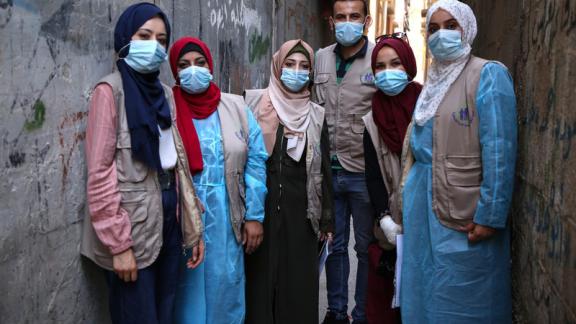Through our global teams and partners, we continue to deliver healthcare to clients wherever they are including communities impacted by humanitarian disasters or living in protracted crises, young people, and marginalized groups such as those living with a disability. Working through our global networks we advocate for the protection of sexual and reproductive rights, and especially the right to safe abortion. The pandemic has continued to challenge us yet present new opportunities, but above all it has not changed what we do. Here we acknowledge some of our amazing colleagues, clients, and partners as well as events that have shaped 2021.
Ensuring ante- and post-natal care in the aftermath of an earthquake in West Sulawesi
Indonesia Planned Parenthood Association (IPPA)
In January, a 6.2 magnitude earthquake struck the West Sulawesi province in Indonesia leaving over 15,000 people displaced, including many pregnant and nursing mothers.
Dr Ratni and the Indonesian Planned Parenthood Association’s (IPPA) response team set up mobile clinics near the shelters to provide ante- and post-natal care.
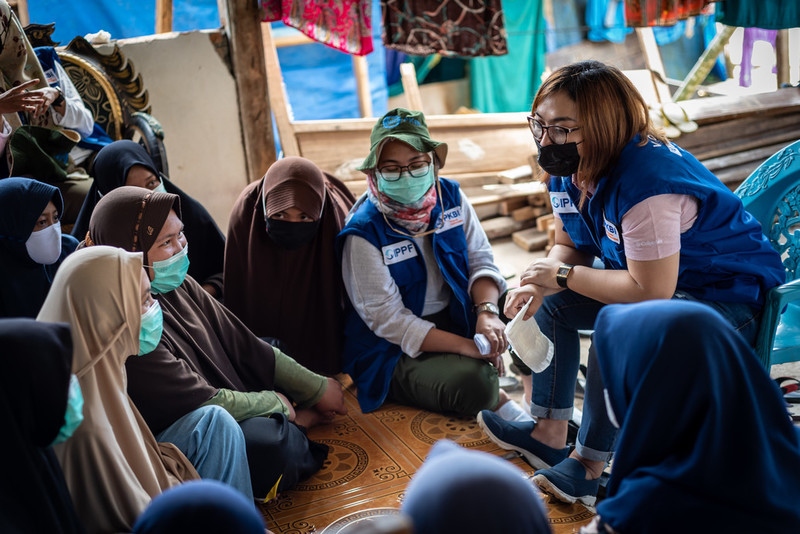
“People in the community tell me that they are grateful for the care I give them, and I will continue to change what I can to improve people’s lives”
Blanca Edith Mendoza Ramos, Volunteer ADS/Pro-Familia, El Salvador
When Blanca started volunteering with the Asociación Demográfica Salvadoreña’s (ADS/Pro-Familia), her thoughts were about how the women of La Loma village would benefit from being able to access contraceptive methods close to home.
To ensure her clients’ confidentiality, Blanca has created a private room with a sofa where she provides counselling and administers injectable contraceptive methods. By creating a private space, Blanca has built up trust in the community and women prefer to go to her for contraception and advice.
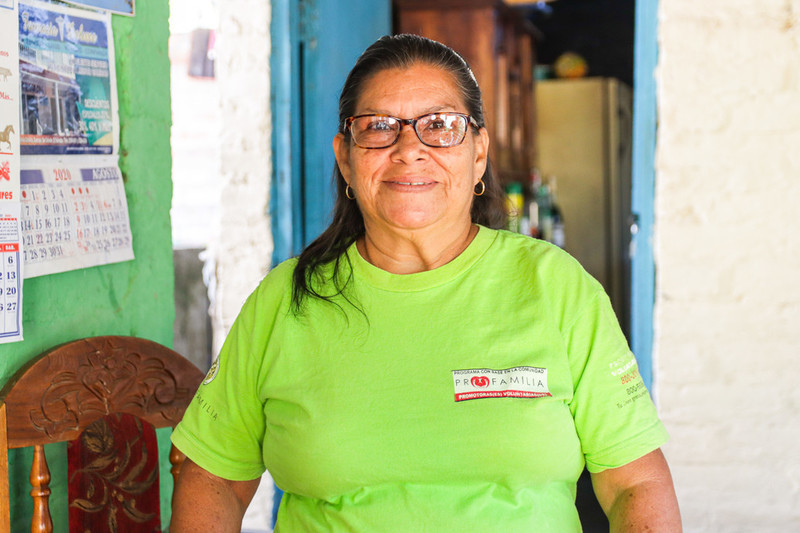
Clients like Vavine Kila, pictured, received a consultation at the PNGFHA mobile clinic
Papua New Guinea Family Health Association (PNGFHA)
The Papua New Guinea Family Health Association (PNGFHA) responded to the Covid-19 outbreak in PNG, supported by the Australian Government. With access to emergency healthcare facilities extremely limited, PNGFHA health workers travel to hard-to-reach areas providing sexual and reproductive healthcare to the most marginalized communities.
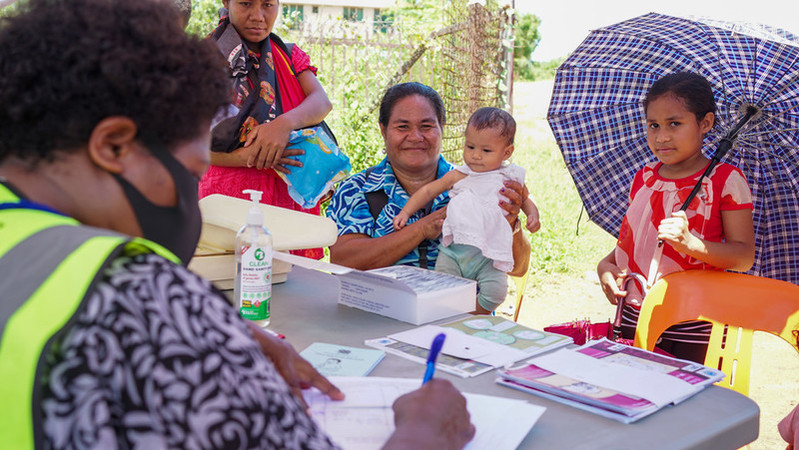
Offering holistic care to families in Gaza
Palestinian Family Planning and Protection Association (PFPPA)
Children account for close to 50% of the population in Gaza. As part of the emergency response following airstrikes on the Gaza strip in May, PFPPA youth volunteers entertained the children while their family members received life-saving sexual and reproductive healthcare and psychosocial support by the humanitarian response teams in privacy.
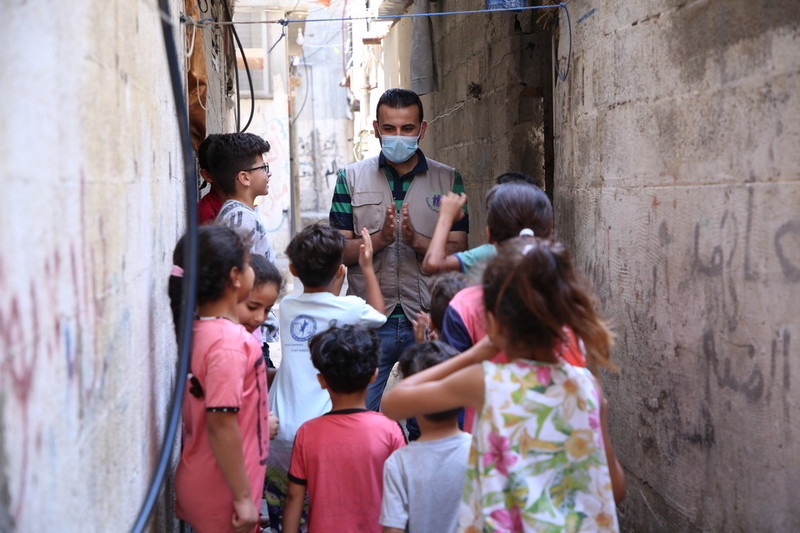
Personal and convenient healthcare in Aruba
Damara, Data Analyst & FPA Client
Seeing a gap in the market, Famia Planea Aruba (FPA), developed an online contraceptive store and bespoke delivery service to better reach their clients with personal and convenient healthcare. Damara started using the FPA contraceptive delivery service a year ago.
“It definitely has made my life much easier; I simply order my products through the online store and choose the date and time that is most convenient for me. I get my products, guidance and have it delivered to my location, what more can you ask for?”
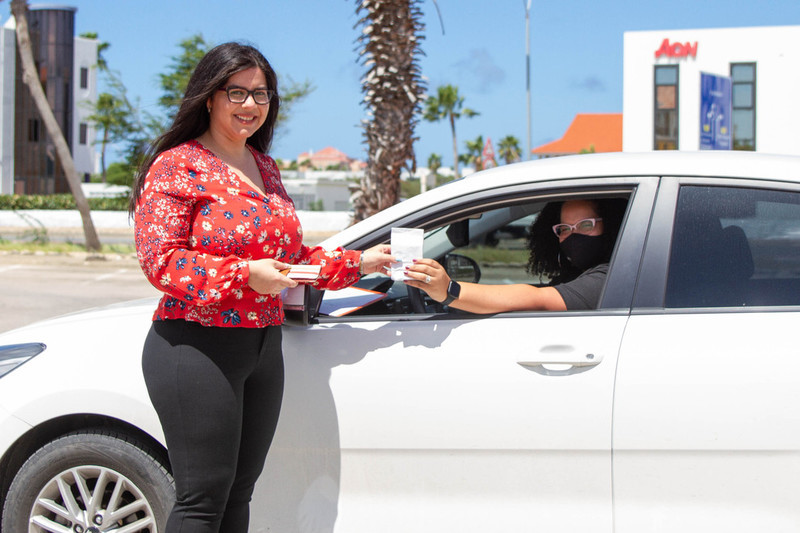
A super cyclone and a pandemic
Family Planning Association of India (FPAI)
On 20 May 2020, a severe Cyclone Amphan hit the Indian state of West Bengal, affecting millions of people in and around the state capital Kolkata. Emergency crises during the COVID-19 pandemic intensifies the impact of the disaster and puts a strain on health systems and access to sexual and reproductive healthcare.
The Family Planning Association of India (FPAI) responded by providing emergency sexual and reproductive healthcare to affected communities, particularly focusing on the most marginalized and vulnerable people including the LGBTIQ community, sex workers, pregnant women, and survivors of SGBV.
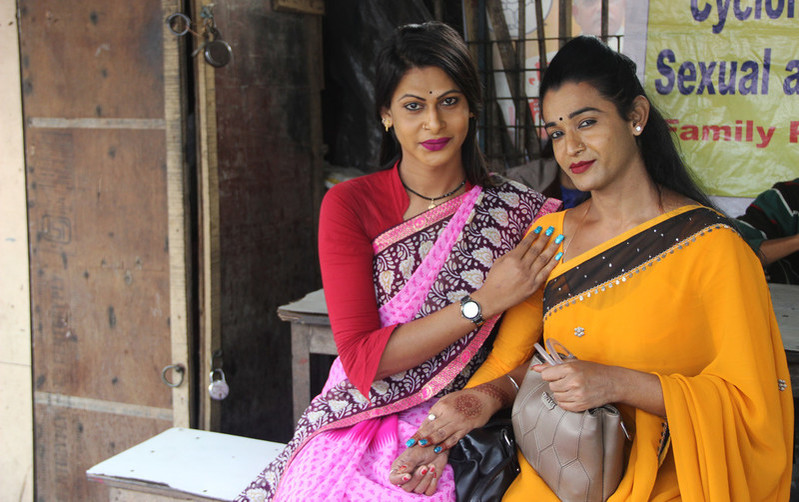
“I cannot remain indifferent when, in the majesty of the law, a women's hell is being prepared in Poland”
Iwona, Teacher & Activist
Women, girls, and all pregnant people have faced extreme barriers to accessing legal abortions since the Constitutional Tribunal ruling virtually banned legal abortion in Poland in 2020.
As 2021 draws to a close the Polish Parliament rejected an anti-abortion bill to jail women who access abortion and criminalize anyone who helps them do so. Sadly, the Polish parliament has given the green light to establish the Polish Institute of Family and Demography. It would allow for increased and unnecessary data processing on people’s reproductive health and expanded interference by the state in people’s family lives.
“That first conversation – giving a client the news that they’ve tested positive – is very important. I want to make HIV a non-issue”
Dr Boyce, Deputy Director of the Medical Research Foundation of Trinidad and Tobago (MRF)
Dr. Boyce works in partnership with the Family Planning Association of Trinidad and Tobago (FPATT) providing treatment and care to clients, including from the LGBTI+ community living with HIV.
Dr. Boyce wants to see HIV disclosure become as acceptable as other chronic illnesses such as cancer or diabetes, where an entire family would work towards caring for the affected person, instead of alienating them. He also hopes to see more inclusion and tolerance towards persons living with HIV, especially those within the LGBTI+ community.

Largely brought on by sudden onset and slow-onset natural disasters, humanitarian crises are increasingly prevalent in the Pacific
Reproductive and Family Health Association of Fiji (RFHAF)
Following the destruction of the category 5 severe Tropical Cyclone (TC) Yas, the Reproductive and Family Health Association of Fiji (RFHAF), deployed a humanitarian response team to provide life-saving sexual and reproductive healthcare in the hardest hit communities.
Their integrated package of care included counselling on STI risk reduction, syndromic management for STIs, first line support for survivors of gender-based violence, and contraceptive and ante-natal care services.
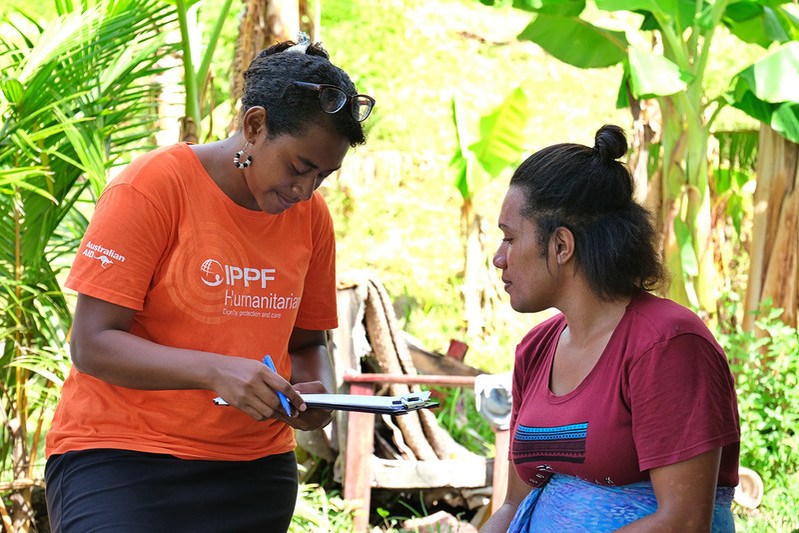
Empowering young people and women living with a disability to make their own decisions concerning their bodies and wellbeing
Fianakaviana Sambatra (FISA), Madagascar
Fianakaviana Sambatra (FISA) has adapted its healthcare delivery to be disability-inclusive and to raise awareness of, and advocate for, the sexual and reproductive rights of people living with a disability.
Providing information resources in Braille, using diverse pictures, and training healthcare workers to be able to communicate using sign language makes FISA a go-to place for healthcare for people living with a disability. Clients are made to feel welcome and safe with FISA’s qualified healthcare team and accessible facilities.
The disability-inclusive sexual health group: 'Khaskhus' ('special talk’)
Sanjia Shrestha Chairperson & Peer Educator, Nepal
Sanjia Shrestha is currently working as the Chairperson and Peer Educator with the Nepal Family Planning Association.
During COVID-19, FPAN created a disability-inclusive group using Messenger, Video Call, and Voice Call so that people living with disabilities can participate in conversations about their own sexual health and learn how to access care and information. The group focuses on sexual and reproductive health, life skills, and development.
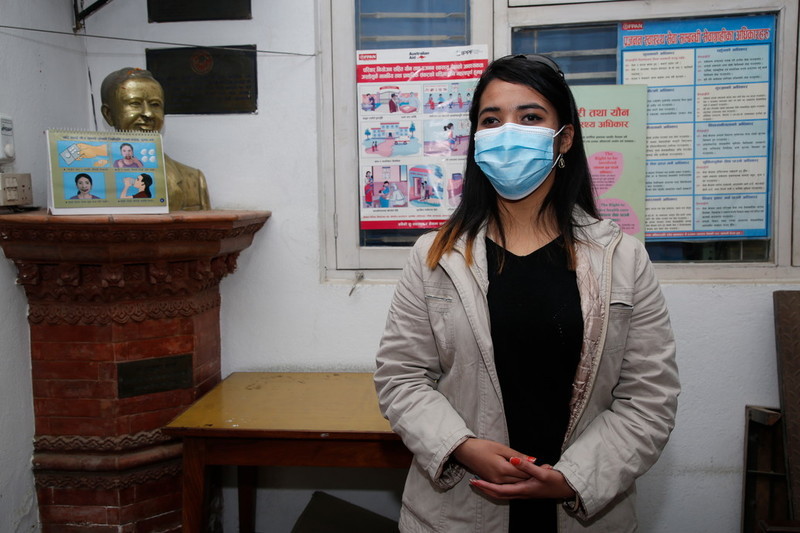
Raising awareness of sexual and gender-based violence in the aftermath of a volcanic eruption
Association for Family Welfare and Desirable Births (ABEF-ND), DRC
Following the devastation caused by the eruption of the Nyiragongo volcano, ABEF-ND has been working across three health zones in the city of Bukavu providing much needed medicines and healthcare to people who have been displaced.
Operating out of six healthcare clinics, the emergency response teams can reach the local communities with sexual and reproductive healthcare including contraceptive care and STI testing and treatment. Crucially, the healthcare team provides support through awareness raising sessions to protect individuals at risk of sexual and gender-based violence within the affected communities.
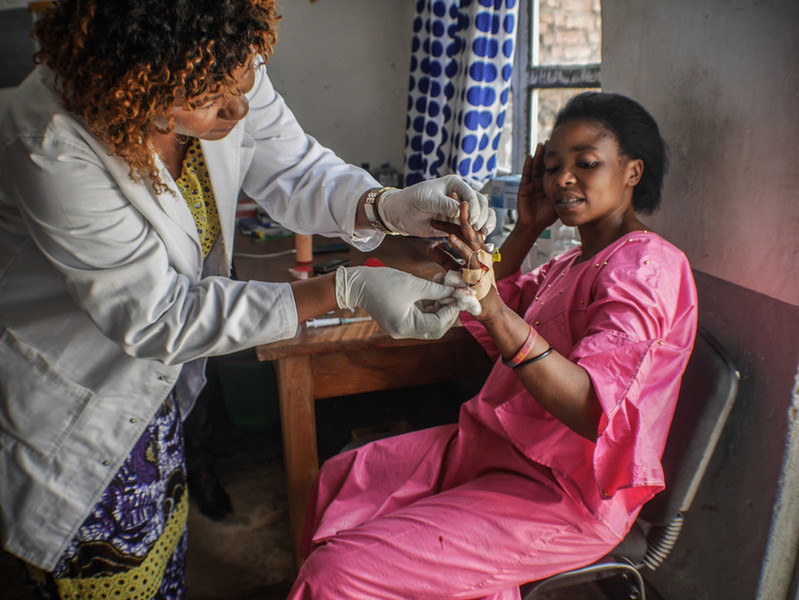
when







